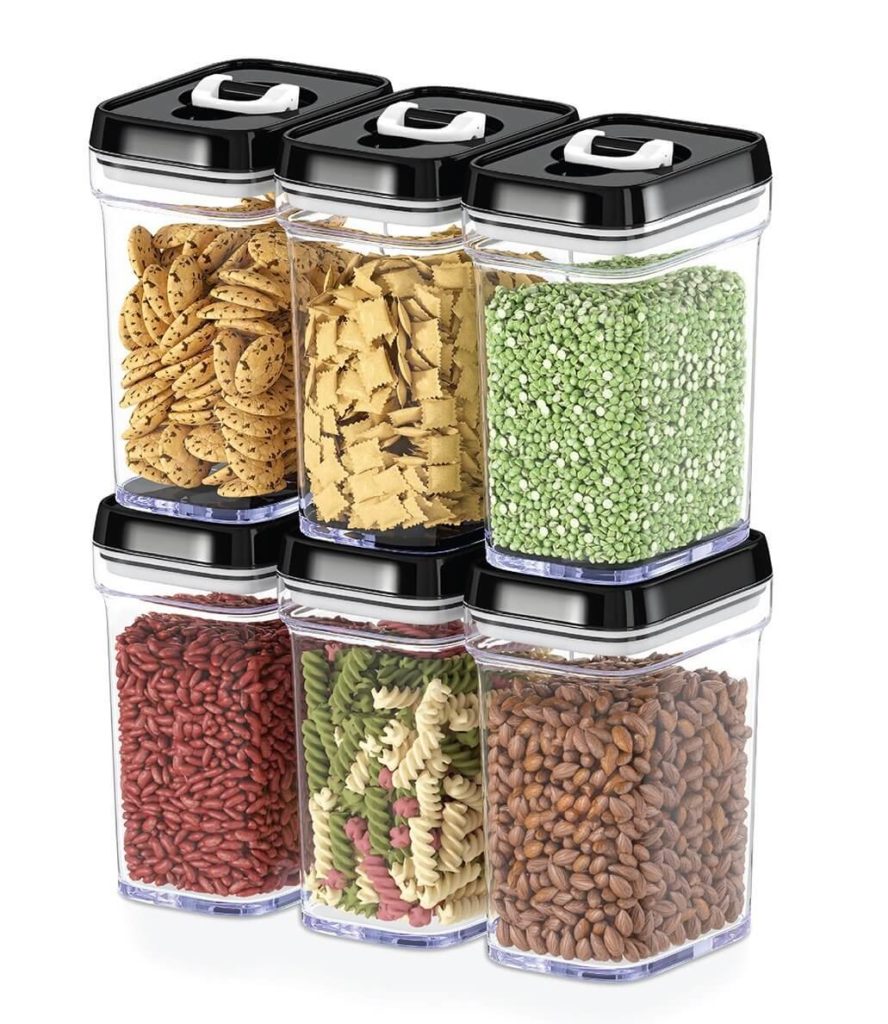
Reducing food waste is an important step in the modern world. As many people go hungry across the globe, many cannot help but wonder the implications and ruthlessness that goes into wasting food. Unconsumed food often finds its way into the trash – and this is not just the case with restaurants or food establishments. Households contribute to most of the consumable waste, making it a tragic reality that indeed, we are dumping away what we cannot eat.
1. Shop Smartly and Buy Only What You Need
Do not buy in excess. Try to measure your portions. We often look for extra commodities if the prices are low and if we find it unnecessary to revisit the grocer or store once again. However, by buying according to your requirements, you will be ensuring that you do not misuse or waste the stock of food that you have.
2. Do Not Serve Too Much While Eating
Keep servings small and portions limited. Extra food is likely to be left behind on the plate and then dumped. Go for second or third helpings if required.
3. Live on Leftovers and Trust Us, It’s Not Unhealthy
Leftovers are often seen as unhealthy and thus people end up throwing them away. However, if you have extra food left at home, you can easily refrigerate it and pull it out for consumption the next day.
4. Store Food Properly to Keep It from Going All Rotten

Food must be stored properly in order for it to stay fresh. You can refrigerate, or keep it covered in airtight containers. This ensures that the food can be consumed over a longer period of time. If you have packaged food at home, try to open it only when you need to, and then systematically consume it.
5. Avoid Cluttering Up Your Food Storage Spaces
Try to finish what you have stored earlier before getting some more. Cluttering up your storage makes it difficult to consume all the food remaining, and it may so happen, that in the absence of space to store food, you will end up throwing it away. Even despite your best efforts, if your food turns out to be rotten, here are some great ways to dispose it, listed neatly at downthesink.com.
6. Use Expiry Dates as Deadlines
Treat expiry dates as deadlines for food. Consume your food according to its probable expiry date and remember to not keep food locked up for months so that it actually manages to cross its expiry date.
7. Remember What You Throw, Remember What You Keep
Keep track of all the food you are putting into the freezer and all the food you are consuming per day. This will help you balance your consumption and shopping.
8. Donate What You Cannot Eat
Be generous. Had a house party with too much of leftover food? Give it away to organizations which can distribute it among the poor and homeless. It is miles better than throwing it away.

9. Enjoy A Pickle? Or Put It in A Can
Pickling fruits is the best way to store them. You can pickle most fruits and savor them for the future. Canning them is another way of simple preservation.
10. Share More to Care More
It is nice to be a good neighbor. If you have extra food left, why not share it with those next doors or a relative living a few blocks away? You may also give it away to somebody who needs it, maybe just a homeless person across the corner of the avenue. Either way, you will be sharing and caring for people.
Food is an important part of human life – to the extent that we cannot survive without it. If you appreciate the food you can easily buy for yourself, remember that there are people who are not as lucky as you. In consideration, have a hearty meal, but always eat and procure as much as you will be comfortable with. Food waste is a modern problem that needs a very simple solution – and that cannot happen without your involvement.
